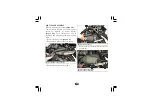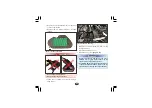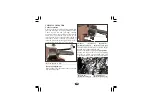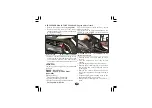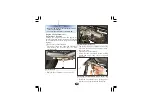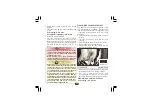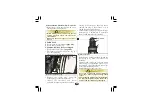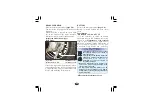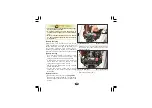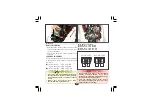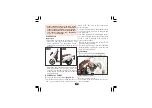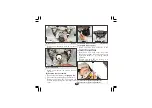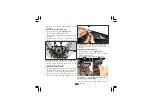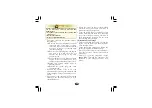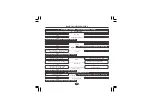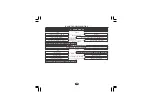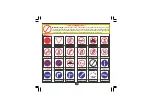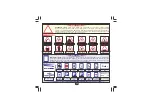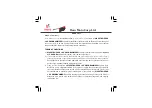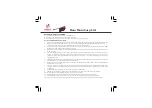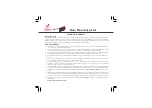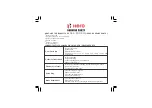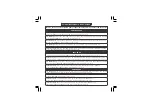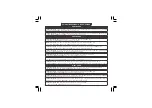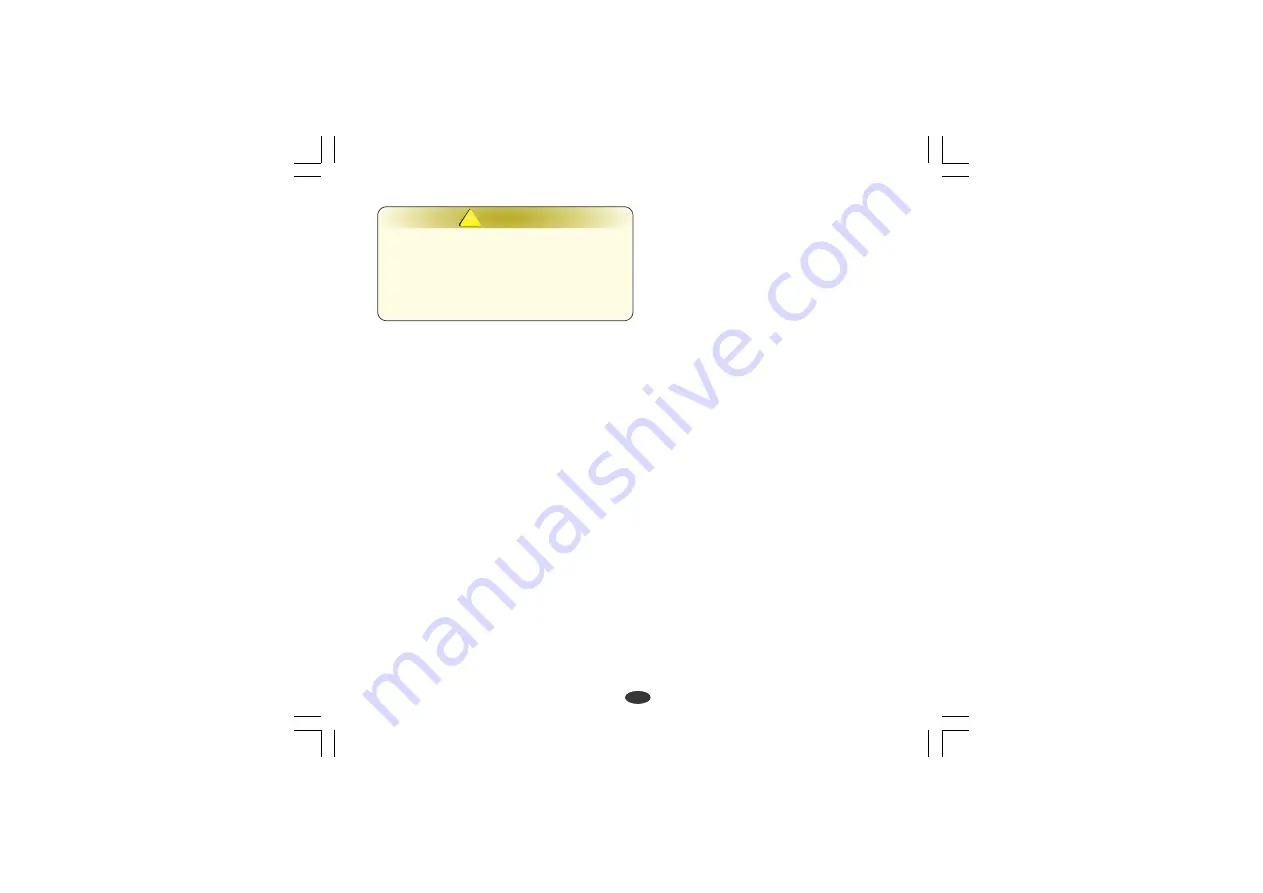
70
WARNING
!
!
•
Stop the engine and keep heat, sparks, and
flame away.
•
Wipe up spills immediately.
Petrol is highly flammable and explosive. You
can be burned or seriously injured when
handling fuel.
•
Refuel only outdoors.
•
Perform all pre-ride inspection checks
(page 43)
. Test ride the vehicle at low
speeds in a safe riding area away from
traffic.
•
Uncover and clean the vehicle. Change the
engine oil if the vehicle has been stored for
more than 4 months.
•
Inflate the tyres to their recommended
pressures. Park the vehicle on blocks to
raise both tyres off the ground.
•
Cover the vehicle (don't use plastic or other
coated materials) and store in an unheated
area, free of dampness with a minimum of
daily temperature variation. Do not store
the vehicle in direct sunlight.
•
Drain any excess aerosol rust inhibiting oil
from the fuel tank. Fill the fuel tank with
fresh petrol.
(b) Removal from storage
•
Check the battery voltage and charge the
battery as required. Install the battery.
(d)Crank the engine several times to
distribute the oil.
•
Remove the battery. Store in an area
protected from freezing temperatures and
direct sunlight. Charge the battery once a
month.
•
To prevent rusting in the cylinder, perform
the following:
•
Wash and dry the vehicle. Wax all painted
surfaces. Coat chrome plated parts with
rust inhibiting oil.
(b) Remove the spark plug from the engine
and store it in a safe place. Do not
connect the spark plug to the noise
suppressor cap.
(c) Pour a tablespoon (15-20ml) of clean
engine oil into the cylinder, and cover
the spark plug hole with a piece of cloth.
(a) Remove the noise suppressor cap from
the spark plug. Using tape or string,
secure the cap to any convenient plastic
body part so that it is positioned away
from the spark plug.
(e)Reinstall the spark plug and noise
suppressor cap.

